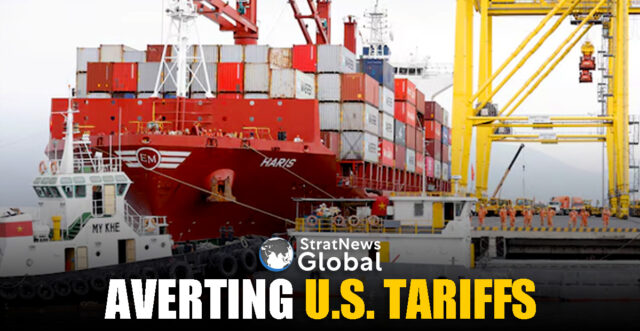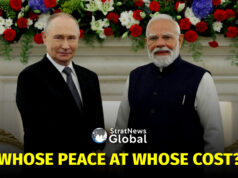Vietnam plans to lower tariffs on several U.S. goods, including LNG and cars, and approve Starlink services to mitigate the risk of Trump tariffs due to its large bilateral surplus.
The Southeast Asian industrial hub announced in the past weeks a series of measures, including boosting imports, to reduce its trade surplus with Washington, which exceeded $123 billion last year, after U.S. President Donald Trump flagged wide-ranging tariffs on trading partners.
Tariff Cuts
Under the new plans revealed late on Tuesday, the tariff on American liquefied natural gas will be cut to 2% from 5%, on automobiles to 32% from a range of 45% to 64%, and on ethanol to 5% from 10%, the head of the Finance Ministry’s tax policy department Nguyen Quoc Hung said in a statement posted on the ministry’s website.
The tariff cuts are aimed at “improving trade balances with (Vietnam)’s trade partners,” Hung said, adding that while the U.S. and Vietnam had a Comprehensive Strategic Partnership, the countries had not signed a free-trade agreement.
Vietnam has not yet imported LNG from the U.S., but the country has been in talks with U.S. suppliers for its future fleet of LNG power plants, the first two of which are scheduled to start commercial power generation by June this year.
Hung said the decree on the tariff cuts will be ready within this month and will take effect right after that.
He added that tariffs on ethane will be removed and duties will be cut on other imports, including chicken thighs, almonds, apples, cherries and wooden products.
Starlink Approval
Separately, the government issued a decision to allow SpaceX to launch its Starlink satellite internet service on a trial basis in the country, while retaining full ownership of the service, according to a statement published on the government portal on Wednesday.
Allowing the U.S. firm to launch its internet service is seen by some analysts as one of the measures Vietnam has taken to avoid being hit with U.S. tariffs.
Trump is expected to apply reciprocal tariffs on several countries on April 2, although on Monday, he said some countries might get breaks.
(With inputs from Reuters)





